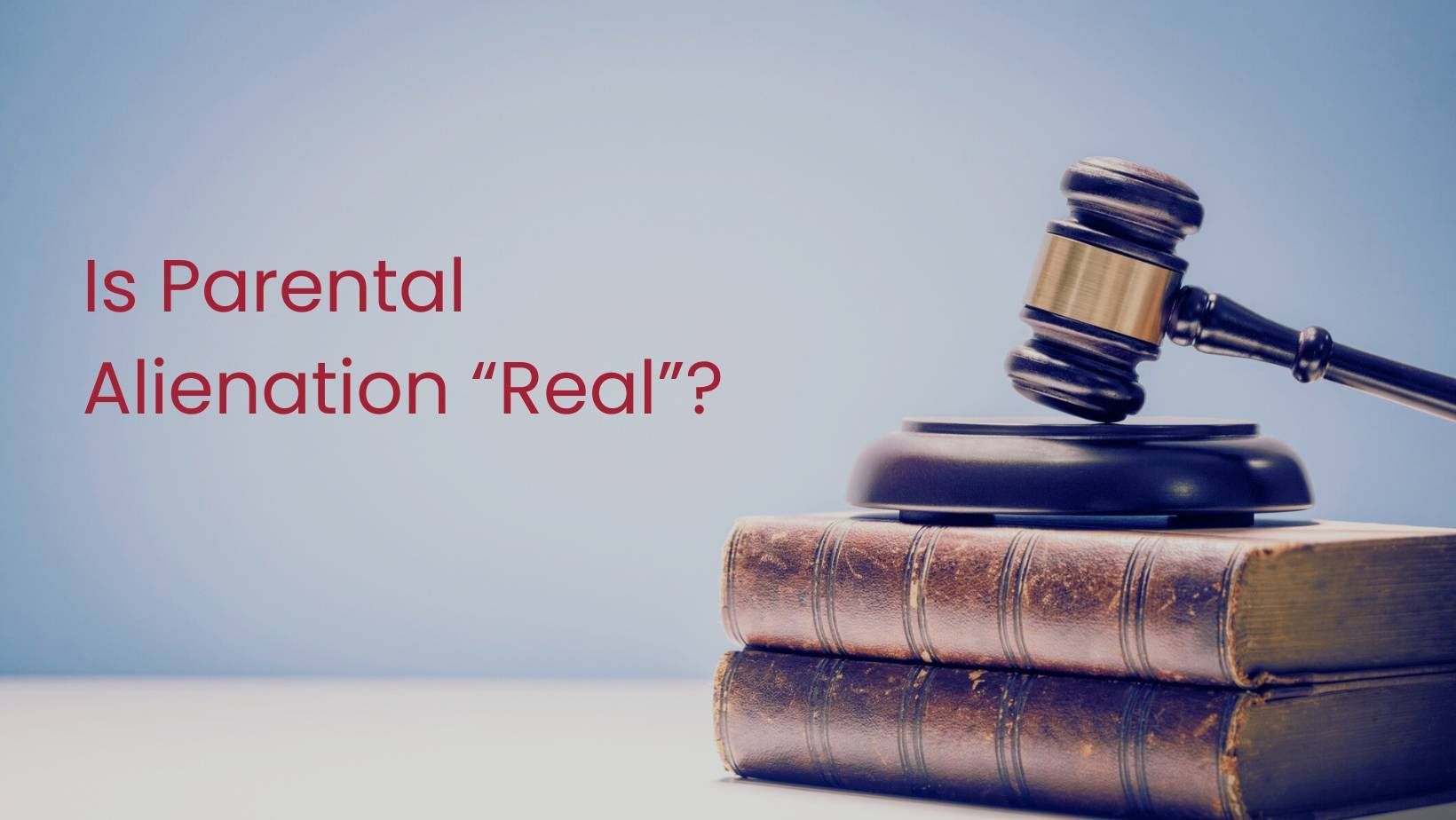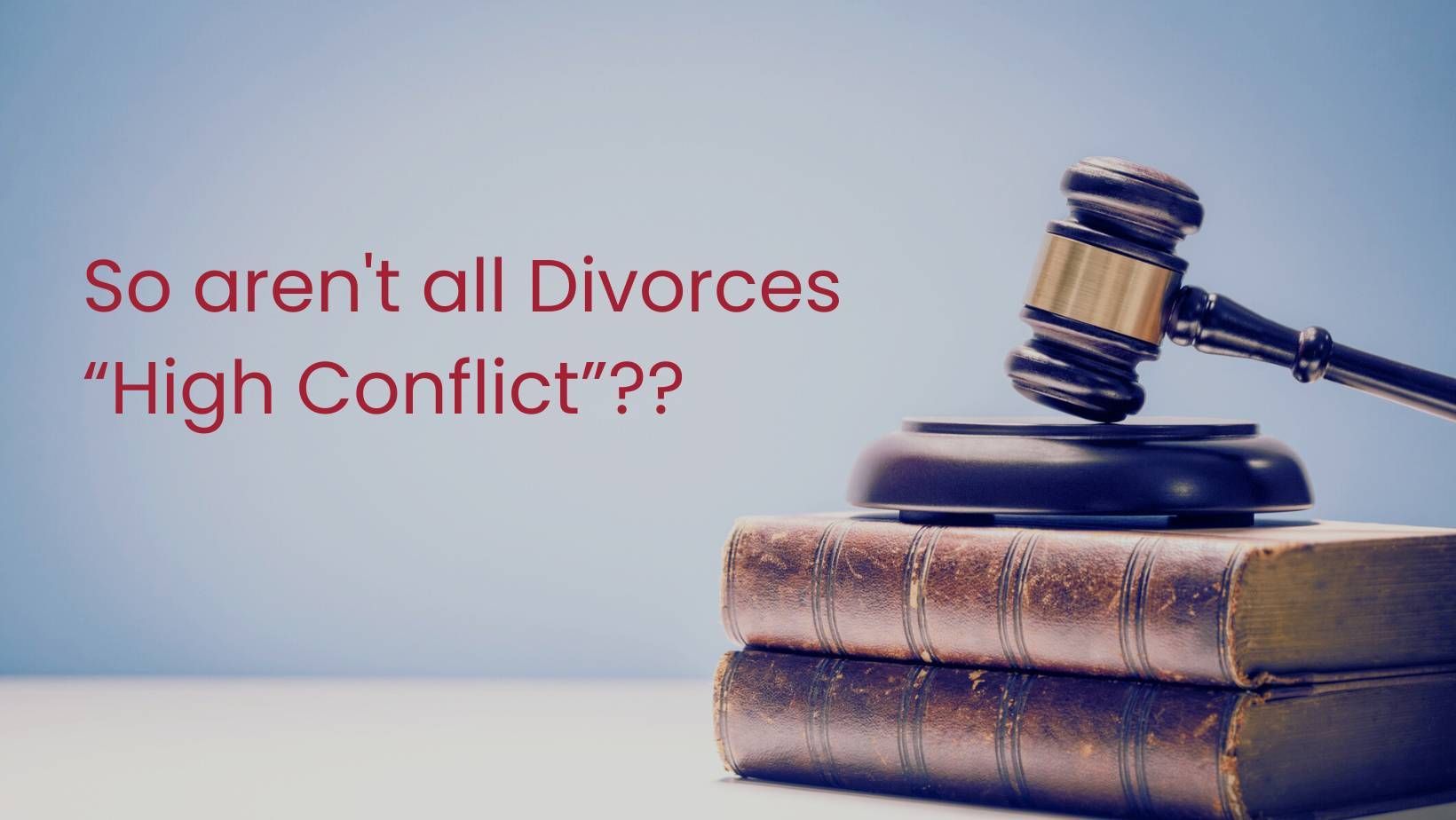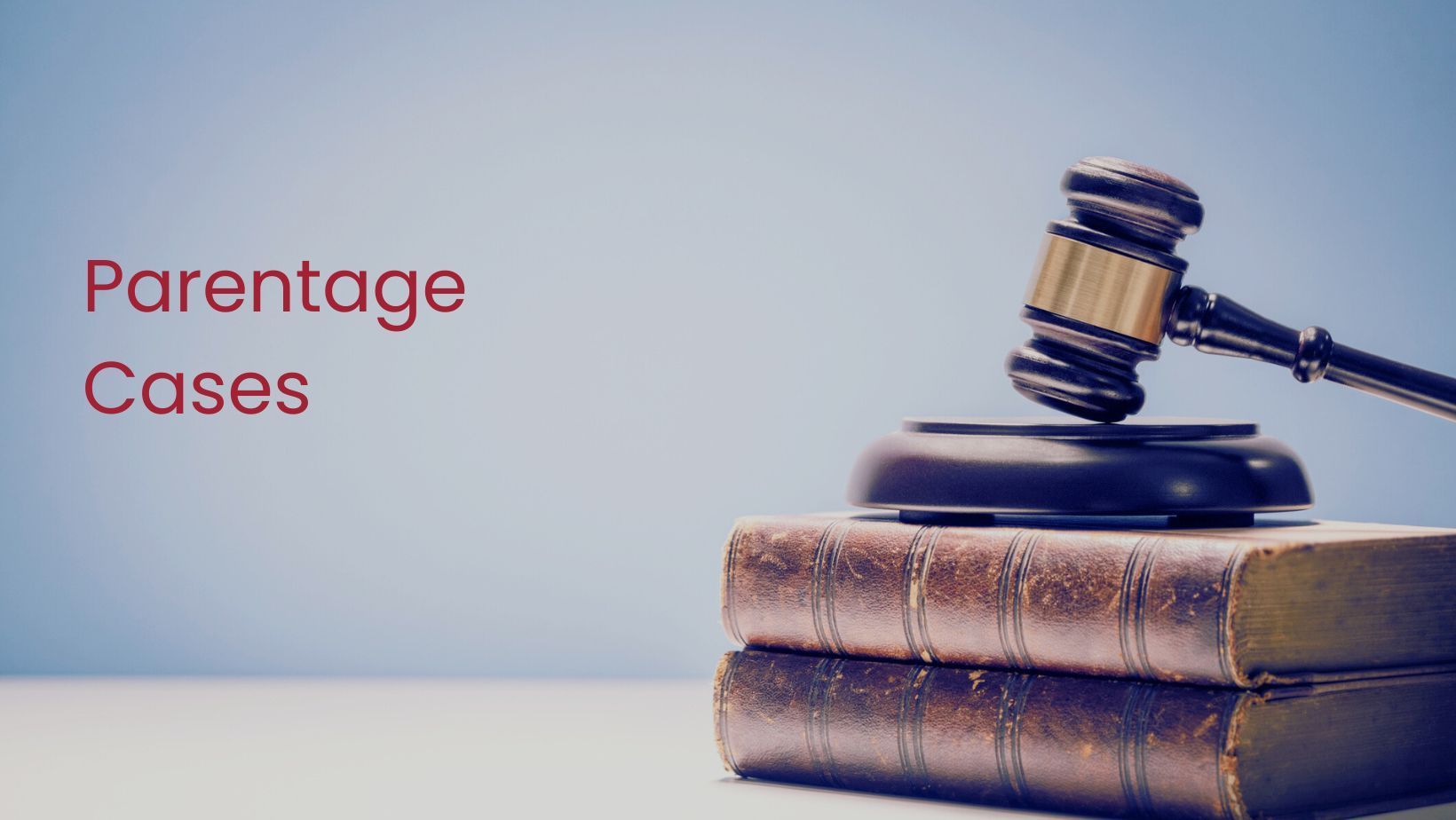Domestic Violence: Navigating a Dangerous Path on the “Divorce” Journey
- By Daniel Gold
- •
- 01 Jul, 2024
- •

When parties separate in a divorce, or at the end of any intimate relationship, the cloud of domestic violence can hover over the initial stages of the parties legal proceedings. Domestic violence can be complex, unpredictable and its impact can last for generations.
It is well understood that Domestic violence is a serious issue that affects many individuals and families. Understanding your legal rights and options is crucial for protecting yourself and your loved ones. Domestic violence includes physical, emotional, psychological, or sexual abuse by a current or former intimate partner or family member. It can occur in various forms, including hitting, threatening, stalking, or other actions that cause harm or fear.
Domestic violence is not driven by the parties gender or sexual orientation. Too often outsiders scoff that straight men can be victims in an abusive relationship. Men, as a result, will not report incidences, in part because they are embarrassed. This skews the figures used to analyze societal trends.
With that in mind, lets a take a look at legal implications.
It is well understood that Domestic violence is a serious issue that affects many individuals and families. Understanding your legal rights and options is crucial for protecting yourself and your loved ones. Domestic violence includes physical, emotional, psychological, or sexual abuse by a current or former intimate partner or family member. It can occur in various forms, including hitting, threatening, stalking, or other actions that cause harm or fear.
Domestic violence is not driven by the parties gender or sexual orientation. Too often outsiders scoff that straight men can be victims in an abusive relationship. Men, as a result, will not report incidences, in part because they are embarrassed. This skews the figures used to analyze societal trends.
With that in mind, lets a take a look at legal implications.
KNOW THE TERMS INVOLVED (AKA BASIC DV 101)
- Restraining Orders: One of the primary legal protections available to victims of domestic violence is a restraining order. A restraining order can prohibit the abuser from contacting or coming near you and if there are minor children of the relationship in the household can also include provisions for temporary child custody and support.
- Emergency Protective Orders (EPO): In immediate danger situations, law enforcement can request an EPO on your behalf from an on call duty judge. An EPO is a short-term (5 days) order designed to provide immediate protection so that the victim can take the necessary steps to get a Temporary Restraining Order.
- Temporary Restraining Orders (TRO): A TRO can be obtained from the court and provides protection until a hearing can be held for a more permanent solution.
- Permanent Restraining Orders: After a court hearing at which both sides can present evidence, a judge can issue a permanent restraining order, which can last up to five years and be renewed if necessary.
Steps to Take if You Believe You Are a Victim
- Seek Safety: If you are in immediate danger, call 911 or your local emergency number. Ensure your safety and the safety of your children first.
- Document the Abuse: Keep records of any incidents of abuse, including photographs, medical reports, and written accounts of what happened. This documentation can be crucial in obtaining legal protection.
- Contact a Lawyer: Consulting with a lawyer who specializes in domestic violence can provide you with the guidance and support you need. A lawyer can help you understand your rights, navigate the legal system, and obtain protective orders.
- File for a Restraining Order: Your lawyer can assist you in filing the necessary paperwork to obtain a restraining order. This may include completing forms, gathering evidence, and representing you in court.
- Utilize Support Services: Many communities offer resources such as shelters, counseling, and support groups for victims of domestic violence. These services can provide additional support and help you rebuild your life.
What If You Are Accused of Committing Domestic Violence?
Contact a Lawyer: Consulting with a lawyer who specializes in domestic violence can provide you with the guidance and support you need. Domestic violence raises numerous possibilities of other legal complications and ignoring them will cost you in more ways than just money.
- Criminal Prosecution: The list of charges associated with domestic violence can be endless: assault and battery, spousal rape, stalking and terrorist threats to name a few; not to mention violating the terms of the orders that the court grants.
- Firearm Restrictions: It is a violation of state and federal law for a person under a domestic violence TRO or who has been convicted of DV to possess a firearm.
- Anger Management: Getting into anger management therapy at one time was seen as a an admission the party was an abuser. No longer is that the case. Its an admission that there may be serious trauma passing down from prior family origin dysfunction. Don't be stoic. Get help.
Legal Assistance and Resources
As a Certified Family Law Specialist, I am committed to parties on both sides of domestic violence navigate the legal system and obtain the help they need. Seasoned family law counsel ensures that you receive knowledgeable and compassionate support throughout the process.
Conclusion:
If you or someone you know is experiencing domestic violence, it's crucial to understand your legal options and seek help immediately. Protecting yourself and your loved ones is the top priority. For personalized advice and legal assistance, contact me for expert guidance on navigating domestic violence cases.
Call: 949-756-0684
Email: dgold@tldlaw.com
Disclaimer
This information outlines a few of the concepts that surround separation, dissolution, and annulment in the State of California. It is not intended to be, nor should it be construed as legal advice for any particular situation. Please seek advice from TLD Law or your personal attorney in your state or jurisdiction.
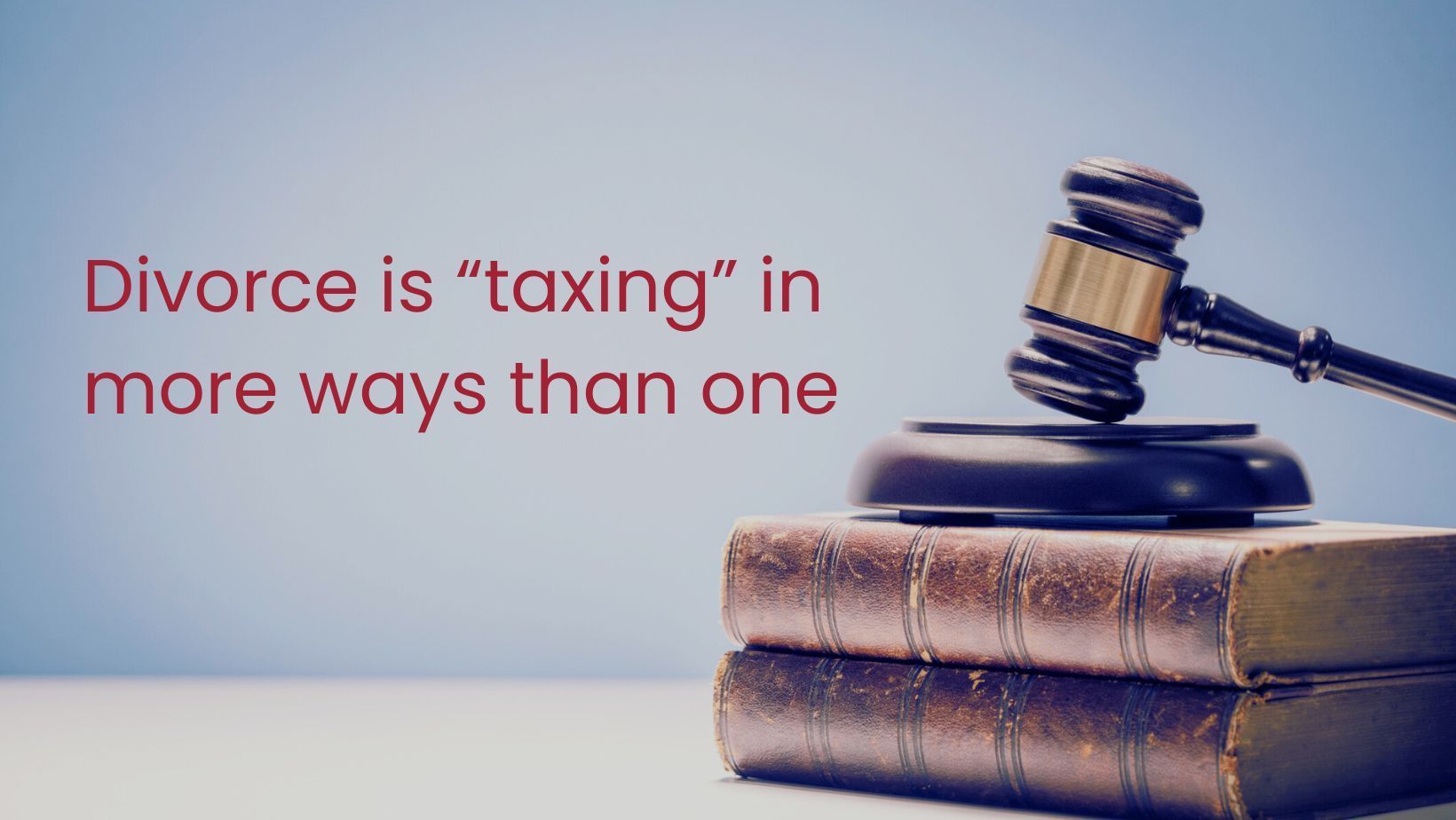
Divorce brings significant changes to your financial situation, and understanding the tax implications is crucial to avoid unexpected liabilities and maximize your financial health. From filing status to the division of assets, knowing how divorce impacts your taxes can help you plan effectively for your post-divorce life.
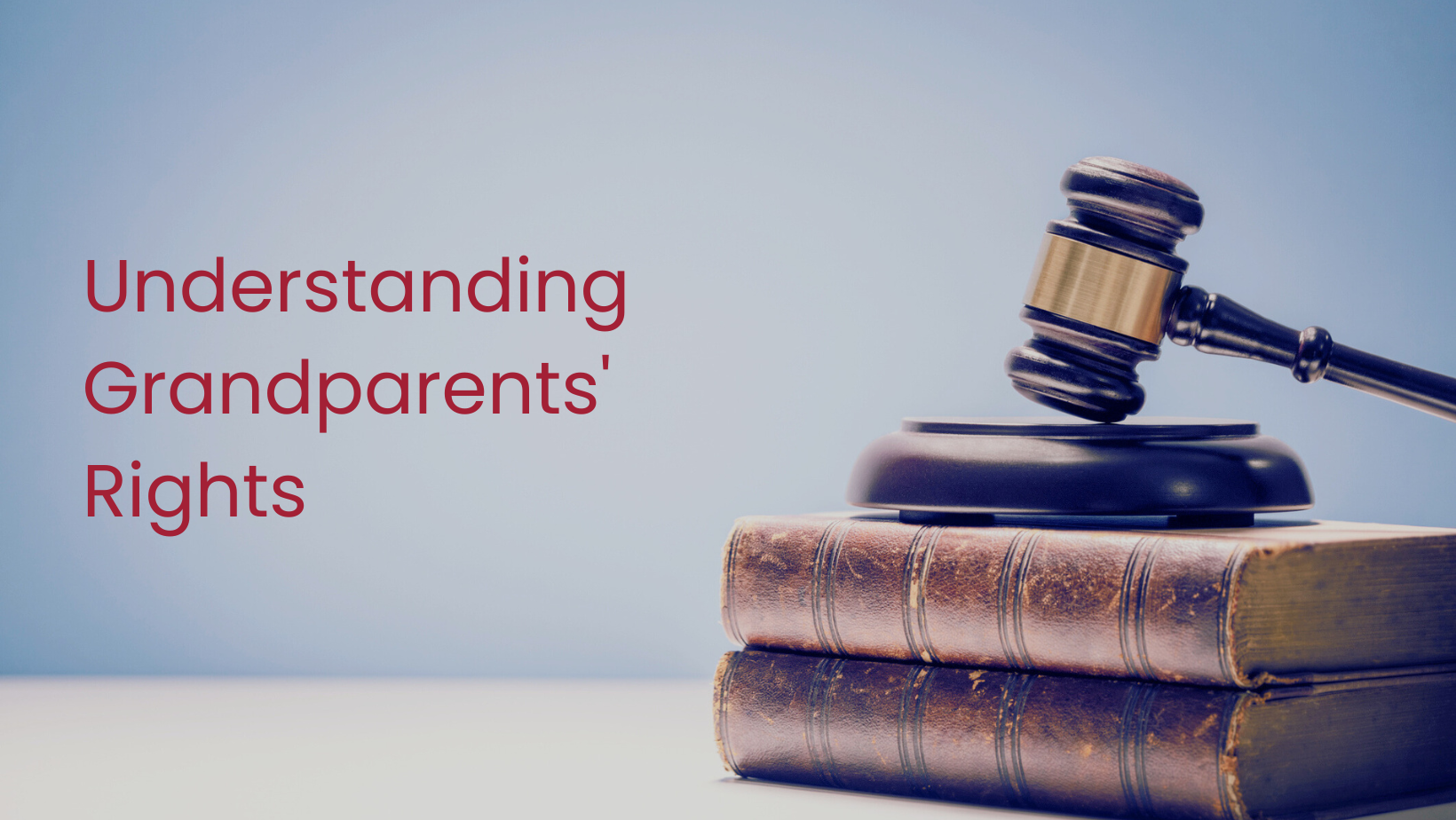
Grandparents can seek custody or visitation in California, but the process is not straightforward. Courts prioritize the child’s best interests while balancing parental rights, so proving that grandparents’ involvement is necessary requires careful legal navigation. For personalized advice and assistance with grandparents’ rights, contact me for expert guidance.

It is striking how far things have some since I was sworn in as an attorney in 1993. I remember the “dawn” of domestic partnerships in California and its evolution to becoming something akin to marriage “lite”; when many other states, and the Federal government did not choose to give legal recognition to same sex relationships.How far things have come since those early days.


